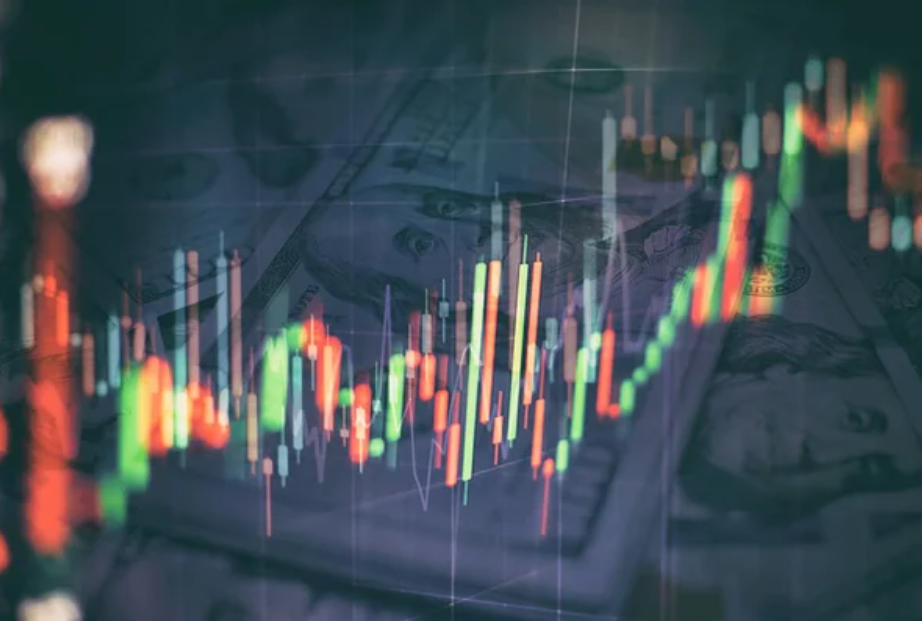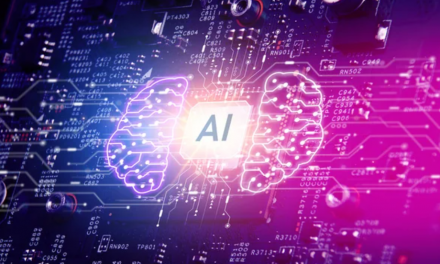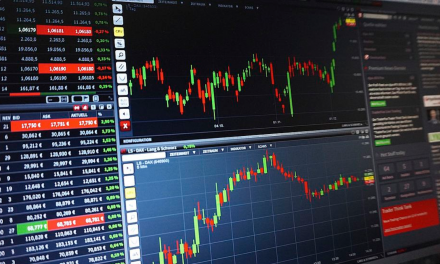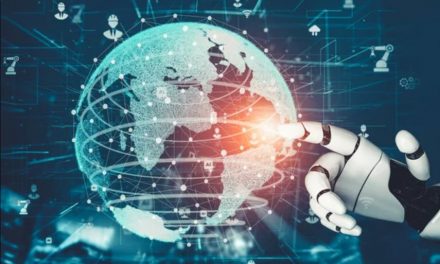A New Economic ‘Super Cycle’: AI and Decarbonization Spearhead Global Growth
Goldman Sachs analyst Peter Oppenheimer announces the dawn of a new global economic AI-Driven Super Cycle’ influenced significantly by the rise of artificial intelligence (AI) and the push for decarbonization. This shift marks a departure from the past decades of economic trends.
Transitioning from the Current Economic Cycle
The global economy has experienced substantial growth in the past 40 years, characterized by high interest rates and inflation that led to what is often referred to as the “long boom.” However, Oppenheimer, during his appearance on CNBC’s “Squawk Box Europe,” suggests that this era is nearing its conclusion.
The present economic super cycle, which began in the 1980s, was fueled by peak borrowing costs and subsequent years of low interest rates. This period also saw a reduction in geopolitical risks post-Cold War, deregulation in various sectors, and a surge in globalization that transformed international trade and finance.
Emerging Drivers of the AI-Driven Super Cycle
As we enter a new growth phase, Oppenheimer points out that the catalysts will be distinct from those of the previous cycle. Interest rates are no longer plummeting, globalization is facing criticism, and geopolitical tensions are escalating. Despite these challenges, Oppenheimer identifies two key elements poised to drive the new cycle: AI and decarbonization.
AI has already made significant impacts, with tech giants experiencing substantial gains. Despite a rocky start in 2024, the integration of AI across various sectors is anticipated to steer market trends positively. Oppenheimer also highlights the relative affordability of companies at the forefront of the AI surge compared to tech firms during past economic bubbles, noting their already robust profitability.
Decarbonization represents the other pivotal factor in this upcoming cycle. As global warming necessitates a shift in economic structures, the transition towards more sustainable practices is expected to catalyze another phase of economic expansion. This transformation encompasses both technological advancements and fundamental changes in how economies operate in response to environmental challenges.





